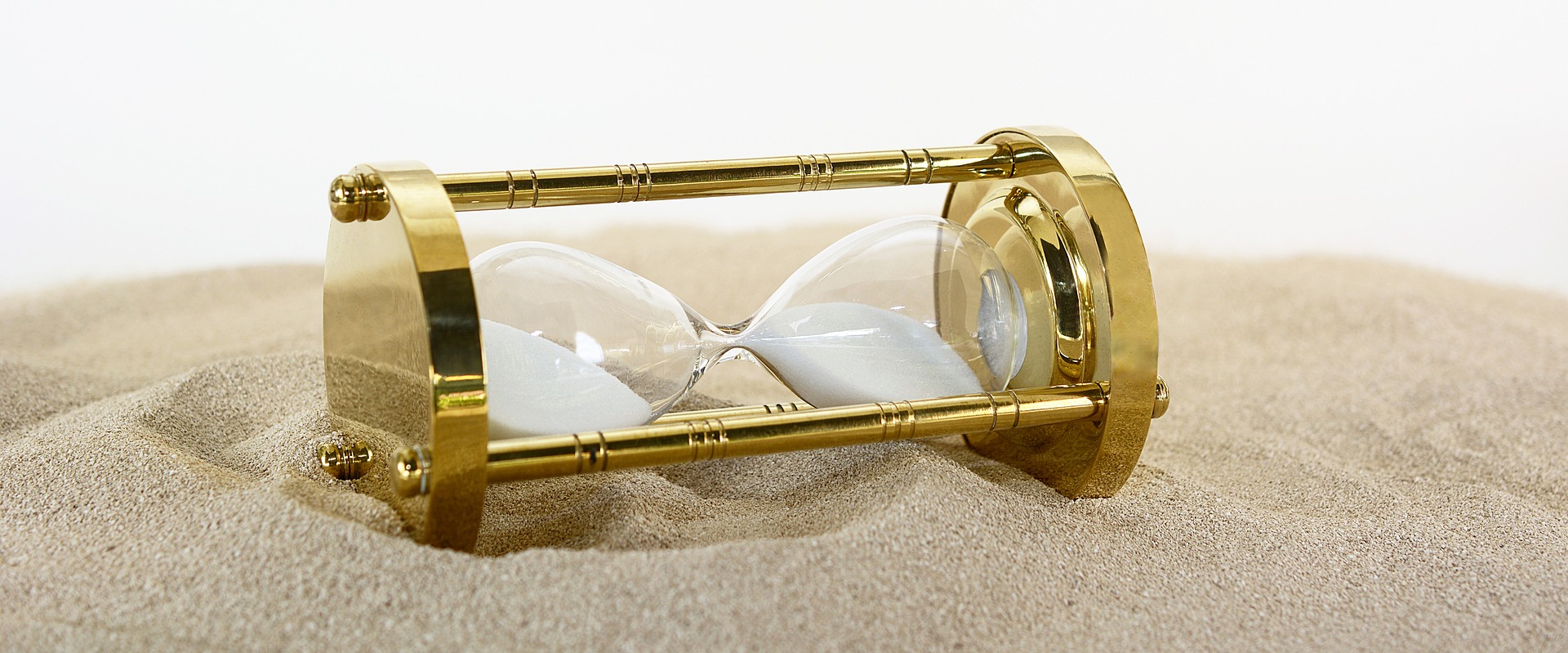One of my long time passions is to read the latest on life extension research. I plan to live to at least 300, but there’s no point in doing that if my whole body turns into a pile of unmovable sticks, and I have to transfer my consciousness into a box. Not quite ideal. So, on the look out for simple ways to live longer without dramatically changing my lifestyle.
A number of research papers have been released over the past few years about senescent cells and how the accumulation of these in the body is what causes aging and mental decline. So, I looked up the latest research on removing these. You can read about senescent cells and experiments on mice here.
Sadly, I found one of the biggest ways to reduce them is intensive exercise, daily. Read the research paper here. But, I don’t want to waste three hours of potential writing time going to a gym, exercising and having a second shower. If I wanted to waste time, I’d sleep more! So, I wasn’t happy with that finding. I’ll get my basic exercise doing the necessary daily cleaning and washing chores, and keep looking.
The next thing I found was that senescent cells can be reduced with a new family of drugs and supplements called senolytics. The most promising of these is fisetin. Read the research paper summary here.
As buying supplements on a writer’s income is a bit difficult, I was able to confirm that you can get small amounts of fisetin from a number of sources including onions and cucumbers. Onions also contain another senolytic flavonoid polyphenol called Quercetin, so I can get double the senolytic effect by eating onions. I’m not a big fan of onions though, and I don’t know whether they have to be raw, cooked or sauteed. Still, my local sells ready chopped frozen bags of onions, so I might be on to something.
But by far the best thing I found was intermittent fasting. When I’m in the writing zone I have no reason to be eating. It’s only when I’m stuck that I might reach for a packet of chips or a glass of whiskey. Certainly, when the muse takes me, sitting and typing for 6 hours straight sometimes isn’t a problem. Not to mention the money I could save by not eating! So, I researched this further. Intermittent fasting not only stimulates the removal of senescent cells from the body (autophagy) at around 18 hours into the fast, it also induces ketosis, enabling the body to begin burning its fat stores. So I can start getting rid of that tire around the stomach as well. How exciting! Info here.
However, while not eating for 12 hours has never been a problem for me (sleep period included, so just skip breakfast), how on Earth could I get the fasting to go as far as 18 hours? I would have to take a day off, or apologize to anyone around for my incredibly loud stomach. (And no Skype calls, either. Microphones pick up everything!) So back onto Google to find how others have been able to increase their fasting period.
Some took walks, or exercised. I still wouldn’t want to be taken away from whatever I was doing. Some suggested brushing their teeth as the toothpaste mint would reduce their hunger. Not for me. I’d start thinking about Mohitos or spearmint lollies.
And then I found many were drinking black coffee.
What?
That’s not fasting. Fasting is not eating at all. Zero food and drink, apart from water. But then I read that it depends on what you want. If you want the full beneficial effect of fasting, where all your organs get to get a rest, then water fast or, if you can do it, skip the water, too. But, if you’re just wanting autophagy and khetosis, you can drink black coffee! (Of course, that amount of mildly acidic liquid on an empty stomach can cause problems for some people, so perhaps just one?) In any case, I love black coffee and I drink two to three cups a day, so I have found my solution.
I’ve only got afternoon appointments for the next week, so I could conceivably stop eating at 7pm and start again at 1pm, and potentially get younger!
Let’s see how long I last!
